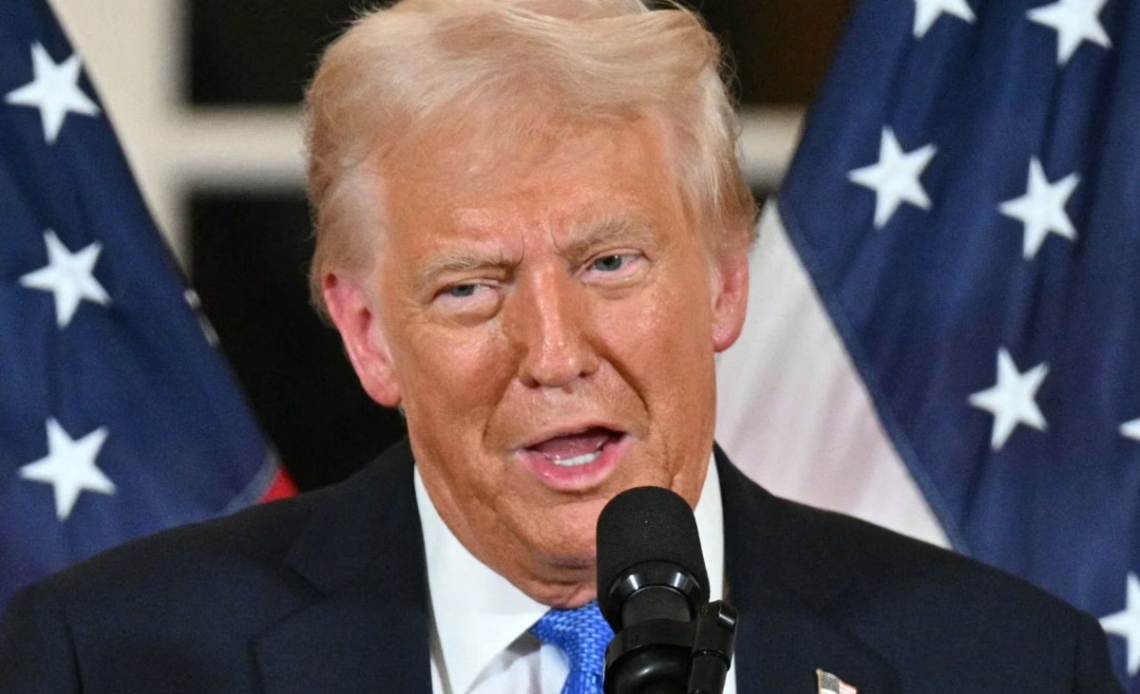President Donald Trump‘s pledge to implement sweeping tax cuts could receive a negative reaction from the bond markets, triggering “significant market volatility,” according to Nigel Green, CEO of leading financial advisory company the deVere Group.
Newsweek contacted the White House and Treasury Department for comment on Saturday via email outside of regular office hours.
Why It Matters
During the 2024 presidential election campaign Trump vowed to introduce a series of tax cuts including reducing the corporate tax rate to 15 percent for firms that produce their products in the U.S. and ending the taxation of tips and overtime wages for waiting staff and other service workers.
Trump also pledged to maintain the tax reductions which he introduced during his first term via the 2017 Tax Cuts and Jobs Acts, which are in need of renewal.
However, Trump’s desire to cut taxes could come into conflict with efforts to contain America’s ballooning national debt, which currently stands at $36.2 trillion according to Treasury figures.
What To Know
Speaking to a client webinar on Friday, Green suggested Trump’s proposed tax cuts would cause the American national debt to increase further, potentially spooking bond markets which could spark a sell-off of U.S. Treasury bonds while causing widespread financial turbulence.
According to financial website Investiging.com this could end with a “bond market meltdown” in the U.S. by mid-2025 similar to that experienced by the U.K. in October 2022, after former Prime Minister Liz Truss announced a series of tax cuts that financial markets didn’t see as credible. The resulting financial storm brought down Truss’s government, making her the shortest serving prime minister in British history.
ROBERTO SCHMIDT/AFP/GETTY
An analysis of Trump’s election tax cutting pledged by the Committee for a Responsible Federal Budget, which claims to be a bipartisan group promoting fiscal responsibility, concluded they would cut government revenue by between $5 trillion and $11.2 trillion over a ten-year period.
It also concluded that, unless they are offset, the tax cuts would increase debt to between 132 and 149 percent of U.S. GDP by 2035.
What People Are Saying
During Nigel…
Click Here to Read the Full Original Article at Newsweek…

